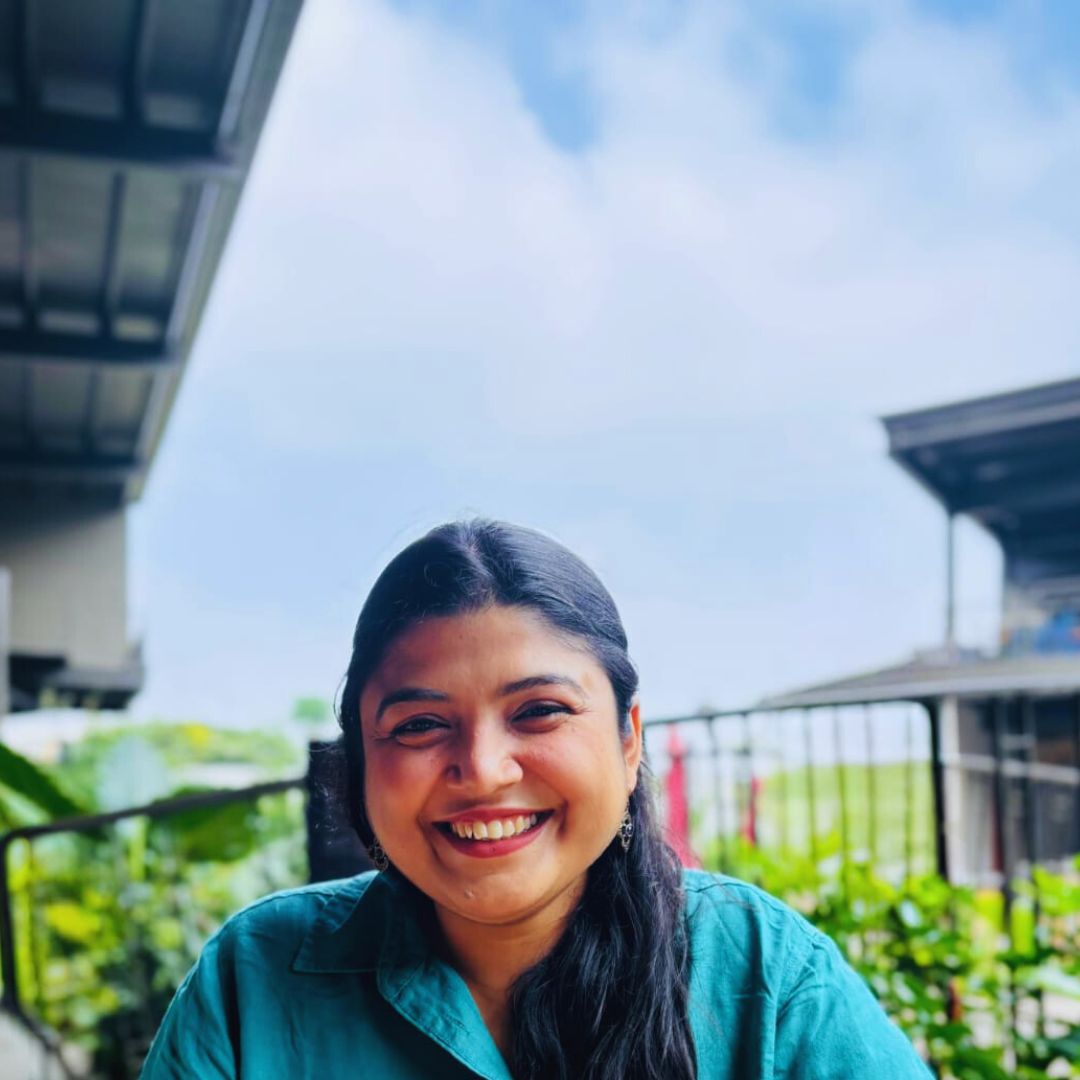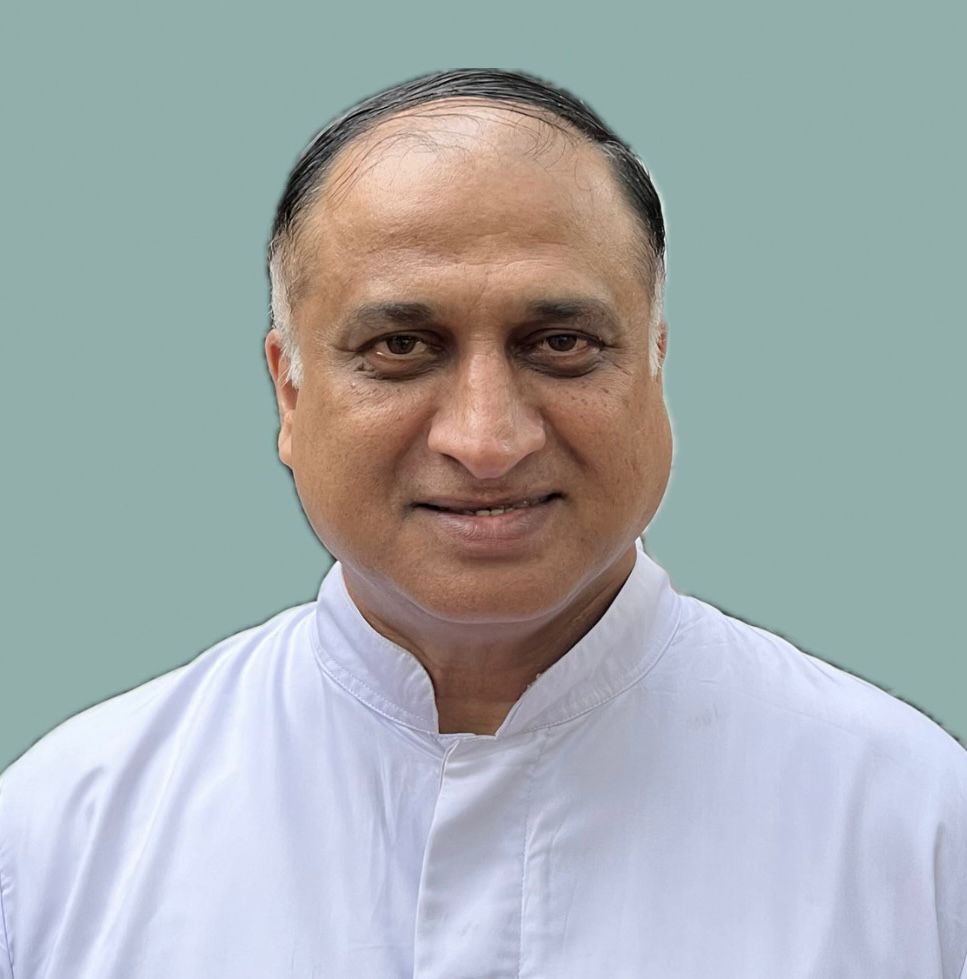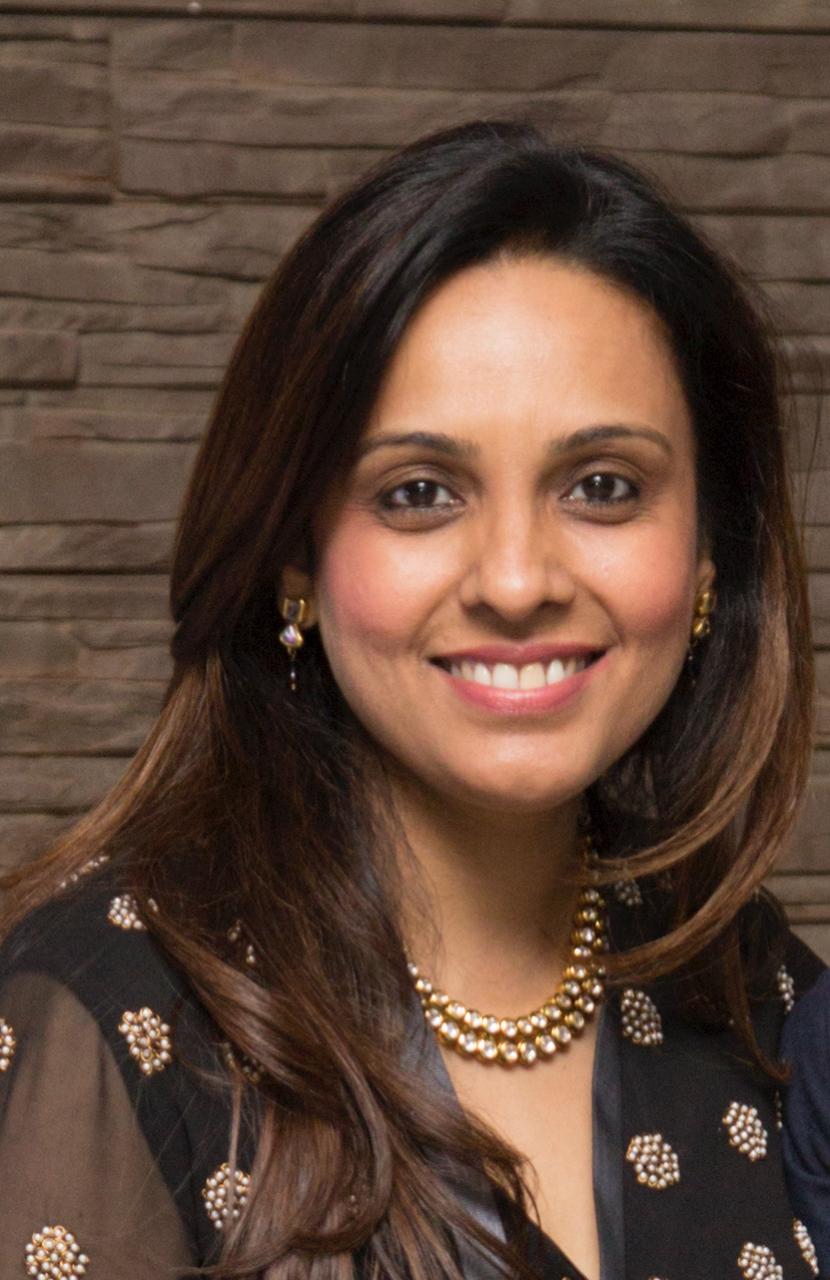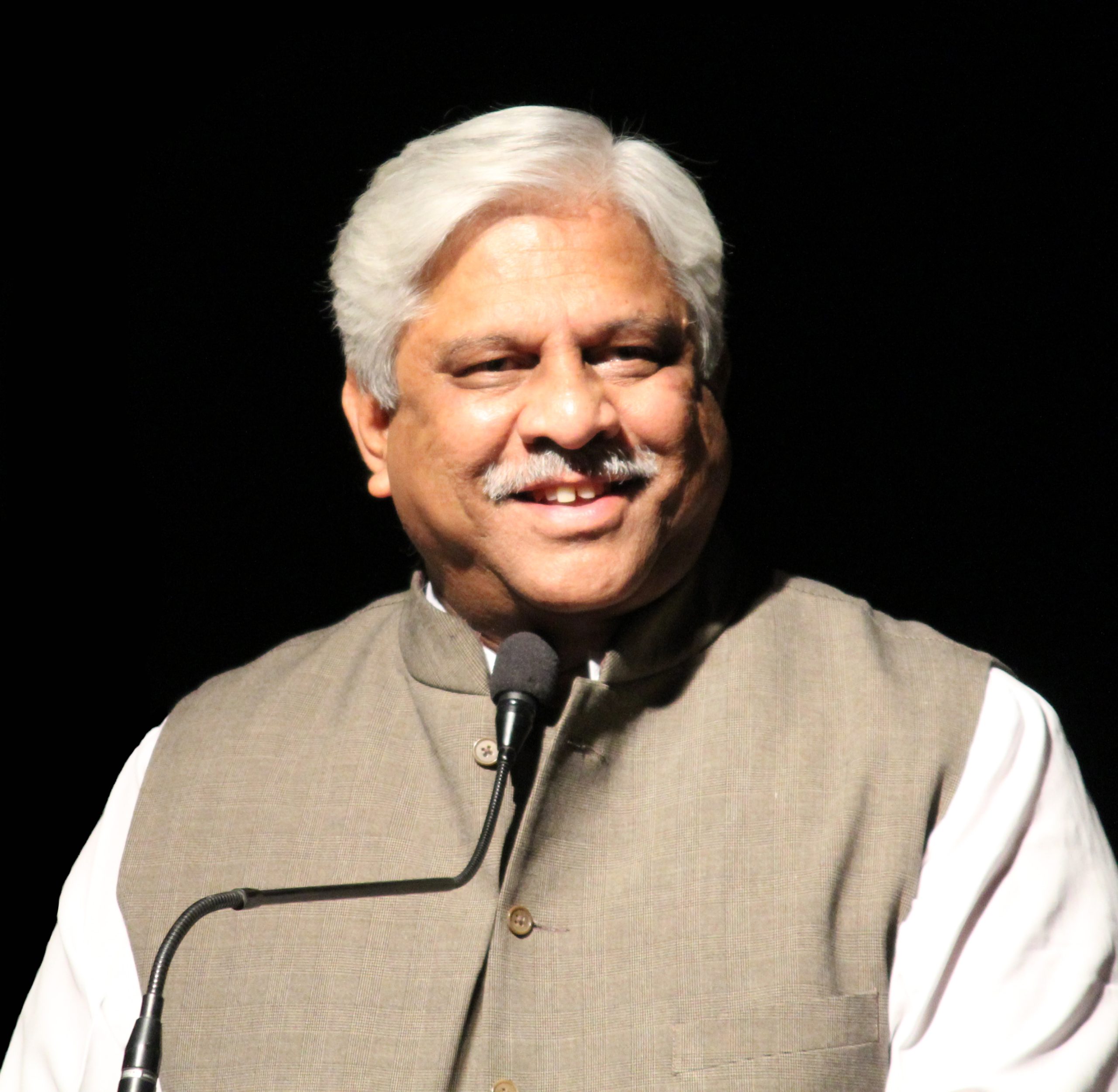Reflections from my recent read.
I recently finished Elif Shafak’s “The Island of Missing Trees,” a captivating exploration of themes like memory, history, and love. While the book offers a rich tapestry of themes, I was particularly drawn to the character of Kostas and his unique learning journey.
Kostas’s love for trees blossomed early, nurtured by his mother’s stories, his own explorations in nature, and a deep connection with the fig tree at the Happy Fig Tavern. This resilient tree, a silent companion, mirrored his growth, standing tall amidst life’s challenges. Witnessing its strength, Kostas developed a deep appreciation for nature’s ability to endure and adapt.
Kostas’s journey reminds us that education extends beyond classrooms and books. Children learn through personal experiences, cultural traditions, and profound connections with the natural world. Just as Kostas found valuable lessons in a fig tree, we can incorporate diverse learning styles into our classrooms.
Reflecting on our own experiences, we can see how our lives are shaped by both our experiences and the absence of specific experiences. The key is to reflect on these experiences and learn from them. By understanding our own learning styles and incorporating a variety of approaches, we can create more engaging and effective learning environments. “The Island of Missing Trees” beautifully underscores the significance of diverse learning styles and the power of reflection in education. By embracing these principles, educators can cultivate a vibrant and inclusive environment that enriches the learning experience for every student. This approach not only acknowledges individual differences but also fosters a deeper understanding and appreciation for the multifaceted nature of knowledge, ultimately empowering students to thrive in their unique ways.




